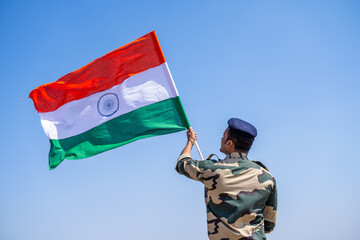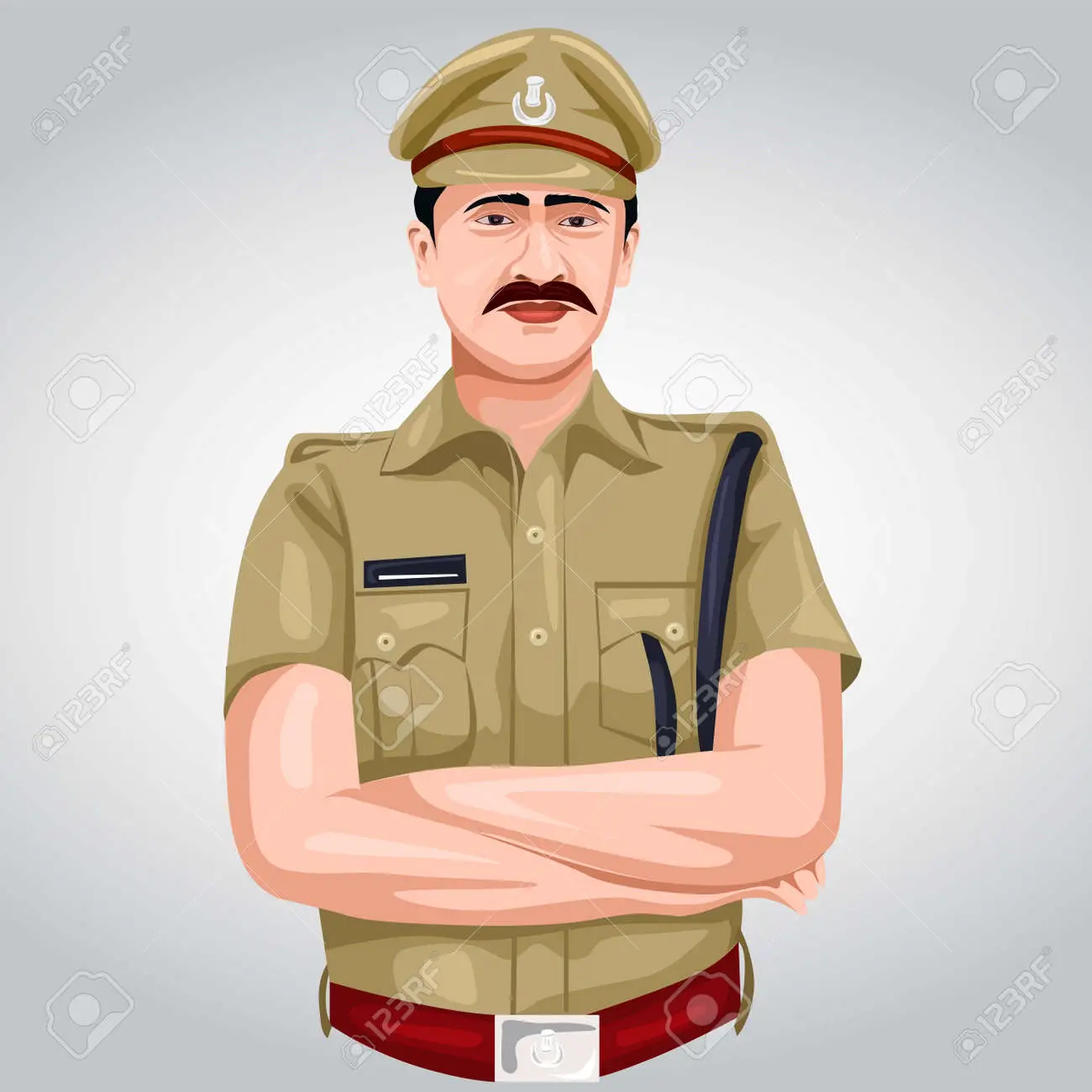Mon-Sat 9am-7pm



The Indian Navy is the 7th most powerful navy of the world. It has over 300,000 tons of seafaring vessels. The role of the Indian Navy is very vast, ranging from providing assistance at times of natural disasters to fighting in the war in order to safeguard the country and destroy the enemies. Broadly the role of Indian navy is categorized into four categories: the Military role, the Diplomatic role, Constabulary role, and the Benign Role. They are responsible for deterrence against war as well as foreign interventions, maintaining the country's territorial integrity, safeguarding the shores, surveillance.
![]() How to Pursue a Career in the Indian Navy
How to Pursue a Career in the Indian Navy
|
Stream |
Graduation |
After Graduation |
After Post Graduation |
|
|
Path 1 |
Clear Class 10+2 (PCM) or XII in Science Stream (Mathematics and Physics) |
Pass UPSC and clear NDA |
- |
- |
|
Path 2 |
Clear Class XII in Science Stream (Mathematics and Physics) |
Pass Indian Navy (sailor direct entry). (MER exam)55% or above in maths & science in class 10th and 55% or above in class 12th in maths & science. Preference given to student who have computer knowledge |
- |
- |
|
Path 3 |
Clear Class XII in Science Stream (Mathematics and Physics) |
Graduation in Any Discipline (Open to pre-final year students if they have the required Certificate) |
Pass the CDS UPSC Eligible to join through NCC Special Scheme Entry provided you have "C" Certificate |
- |
|
Path 4 |
Clear Class XII in Science Stream (Mathematics and Physics) |
Pursue Diploma with 50% marks in Mechanical / Electrical / Electronics / Telecommunications / Aeronautical or Ship Building / Instrumentation Engineering / Metallurgical / Polytechnic |
Indian Navy Direct Enrty Artificer Apprentice Exam, |
- |
|
Path 5 |
Clear Class XII in Science Stream (Mathematics and Physics) |
Engineering Degree with 55% in Mechanical(Electronics and Telecommunication /Control Engineering equivalent qualification recognized by Institute of Engineers (India) |
Indian Naval technical Exam for applying in Engineering, Electrical and Submarine branch) And SNAES |
- |
|
Path 6 |
Clear Class XII in Science Stream (Mathematics and Physics) |
Education Branch– 21- 25 yrs- Master’s degree with 55 % marks in Physics (with Maths in B.Sc) or Maths (with Physics in B.Sc).( (Women candidates having Chemistry with Physics as subsidiary at Degree levels are also eligible.)
Chartered Accountancy |
Apply for Indian Navy Law & Logistics Cadre exam to get enrolled as an Executive & JAG in Indian Navy. |
- |
![]() Important Facts
Important Facts
![]() Career Opportunities in the Indian Navy
Career Opportunities in the Indian Navy
No end to your working hours. One has to follow an intense routine. You have to be efficient even though you are under pressure. Family life takes a back seat.
:Provide personal and professional growth. One gains knowledge about various managing and administrative skills. Makes a person a disciplined being Both the individual and his/her family member enjoy the perks of belonging to a defence background starting from Free healthcare, education and retirement benefits
Call us at +91 9205084085, Monday - Friday, 9 am - 7 pm


